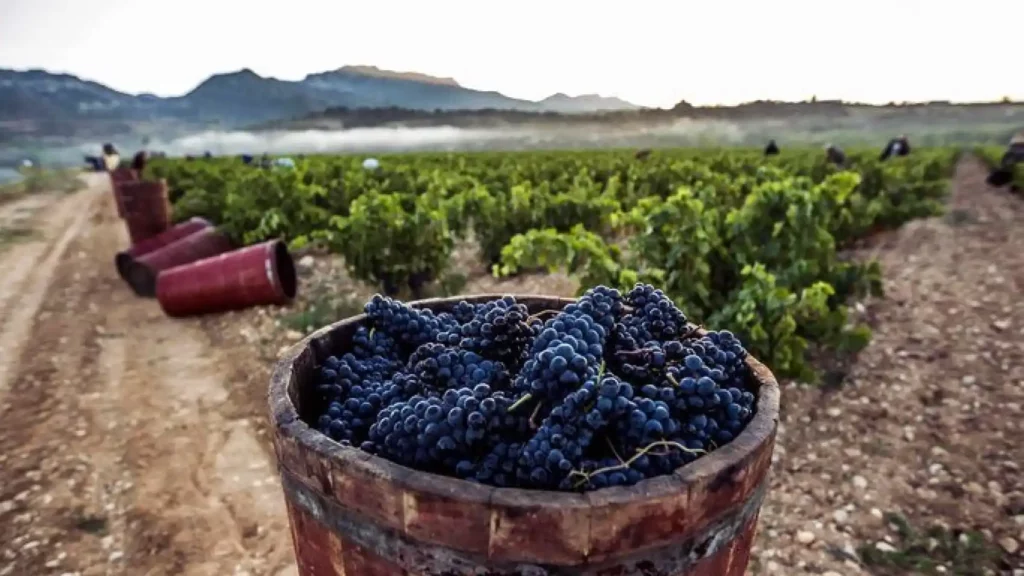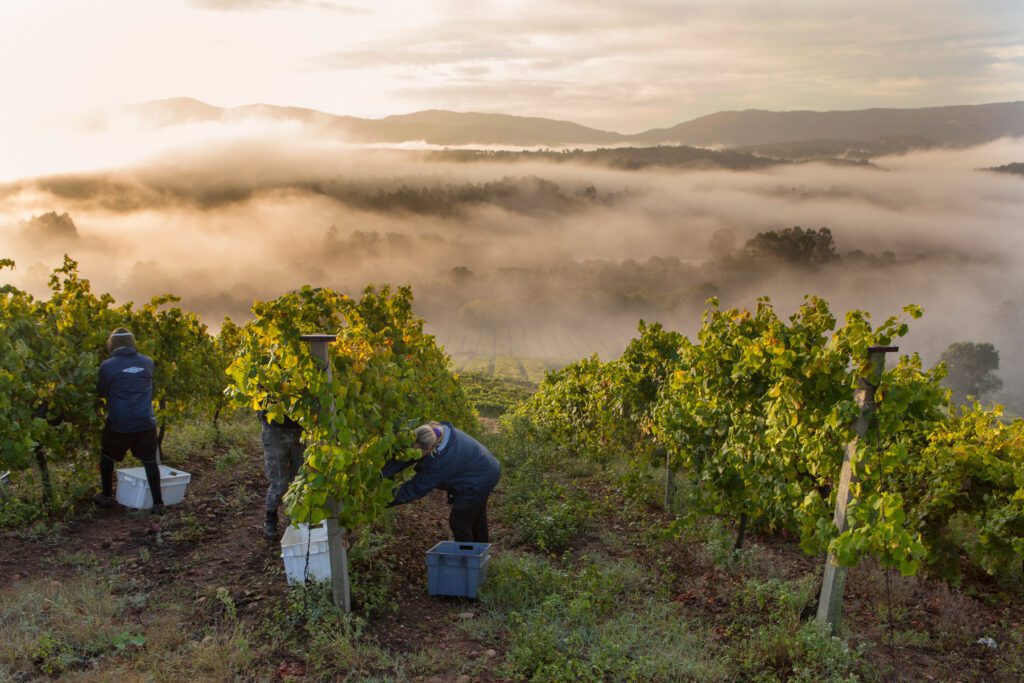Recent archaeological discoveries in Georgia and Sicily have shed new light on the origins of winemaking, pushing back the timeline of this beloved beverage’s history. The findings, which reveal the presence of wine residue in ancient pottery, have sparked excitement among wine enthusiasts and historians alike.
In 2017, a team of international researchers, led by archaeologist Patrick McGovern from the University of Pennsylvania, made a groundbreaking discovery in Georgia. During excavations at the Neolithic sites of Gadachrili Gora and Shulaveris Gora, they unearthed ceramic jars containing the remnants of wine dating back to 6000 BCE. Chemical analysis of the residue revealed the presence of tartaric acid, a key indicator of grapes, as well as other compounds associated with wine. This finding pushes back the earliest known production of wine by a remarkable 1,000 years.
Meanwhile, in Sicily, a team of Italian archaeologists uncovered traces of wine in a cave near the town of Agrigento. The discovery, which dates back to the 4th millennium BCE, represents the oldest known evidence of wine in Italy. The wine residue was found in large storage jars, suggesting that the inhabitants of the region were already producing and consuming wine on a significant scale.
These discoveries have significant implications for our understanding of the history of winemaking. They provide evidence that the production and consumption of wine were more widespread and advanced in the Neolithic period than previously thought. The finds also highlight the importance of the Mediterranean and Caucasus regions in the early development of viticulture and winemaking.
The ancient wines discovered in Georgia and Sicily were likely quite different from the wines we know today. They would have been made using wild grapes and primitive fermentation techniques, resulting in a beverage that was lower in alcohol content and potentially less palatable to modern tastes. However, these early wines laid the foundation for the sophisticated winemaking practices that have evolved over millennia.
The discovery of the world’s oldest wines also highlights the enduring legacy of this beloved beverage. From ancient Neolithic villages to modern-day vineyards, wine has played a vital role in human history, serving as a source of nourishment, a symbol of hospitality, and a catalyst for social interaction.




